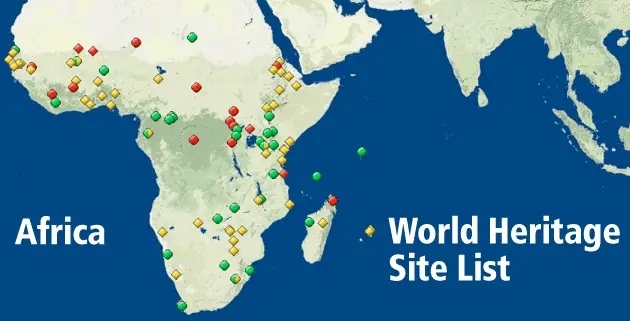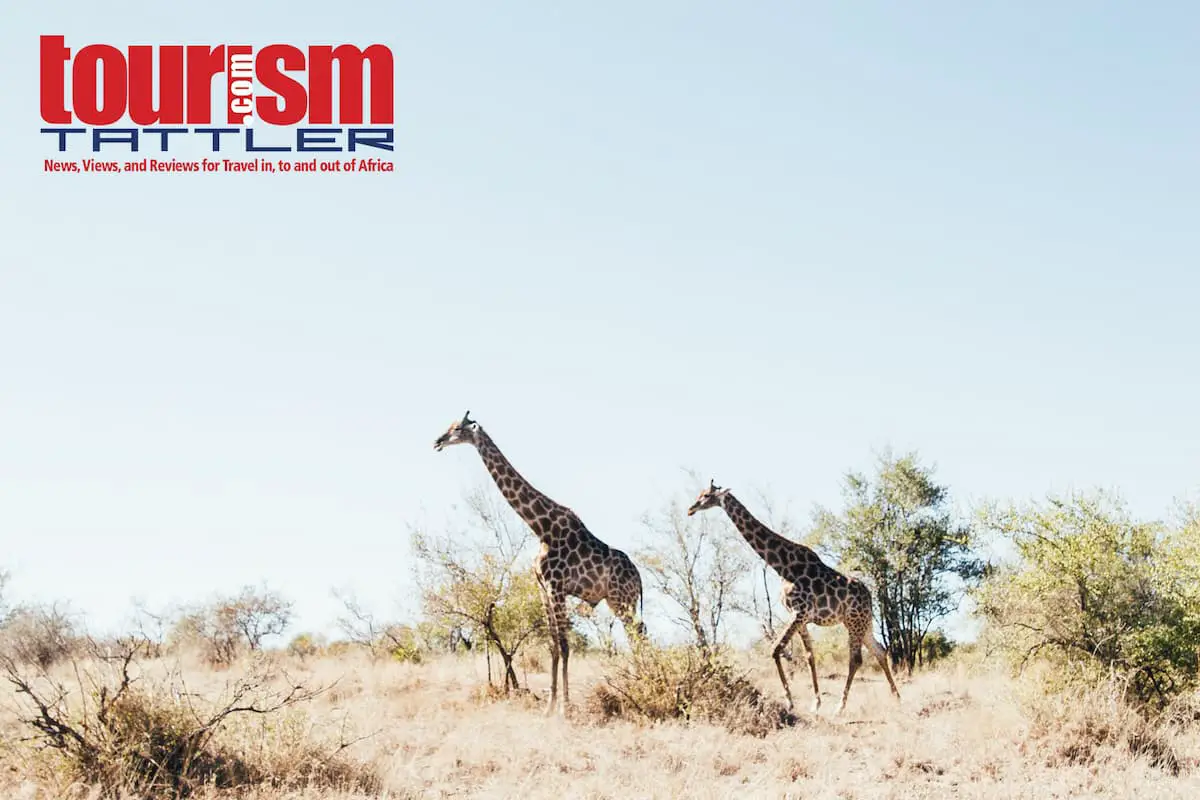Seychelles launches Sustainable Tourism Label logo
 The Seychelles launched its Sustainable Tourism Label programme and logo during a ceremony organised as part of the islands’ celebration of the United Nations World Tourism Day on 27 September 2011, writes Des Langkilde.
The Seychelles launched its Sustainable Tourism Label programme and logo during a ceremony organised as part of the islands’ celebration of the United Nations World Tourism Day on 27 September 2011, writes Des Langkilde.
The ‘Sustainable Tourism Label’ is an international concept that establishes a set of standards to encourage and guide tourism operators to play a vital role in adopting best practices in the operation of their businesses in order to ensure the sustainability of the Seychelles tourism industry.
The development of the Sustainability Label for Seychelles is in line with a recommendation made in the Seychelles Government’s Vision 21: Tourism Development in Seychelles 2001-2010. A study on certification for tourism operators, in consultation with the industry, recommended the development of such a Sustainability Label on the basis of strict, transparent, fair and externally checked criteria.
The label is in line with the UNWTO’s Secretary-General Taleb Rifai’s call to use the Global Code of Ethics for Tourism to guide tourism developments so that they become “sustainable, ethical and responsible”.
This label is a voluntary initiative that will encourage tourism establishments to recognize the three tiered approach to sustainability, which includes socio-economic values of tourism as well as the environmental conservation principles.
Criteria
The implementation structure for the label follows a set of eight implementation criteria, namely:
Management
The Management Section includes policy, monitoring, health and safety. This section requires some sustainability documentation that will ensure the hotel’s sustainability initiatives are undertaken systematically. It requires that progress is monitored over time and that opportunities for further improvements are identified.
Waste
Waste has a number of potentially serious environmental impacts, the most obvious of which is the waste that is sent to a landfill. On a small island, landfill waste toxins leach into the soil and eventually back to the sea. Waste reduction is a widely understood and visible form of sustainable practice and therefore presents a good opportunity to foster support from guests, staff, and the community. In addition, Reducing, Reusing and Recycling are effective ways of cutting business costs.
Water
The broad aim of water-related practices is to reduce the amount of fresh water used by hotels. This reduces the impact on fresh-water supplies as well as the potential for water pollution. As with waste, the first step is to reduce water use through conservation and rainwater collection, and then to explore options for water reuse and recycling.
Energy
Energy typically comprises up to 50% of a hotel’s utility operating costs. Energy reduction practices can consist of ‘management’ practices that change staff and/or guest behaviour in order to reduce energy use. Examples include staff turning out lights and guests choosing not to have their towels laundered so frequently. There is also a range of practices that require investment in appliances, insulation, heating, or other energy-efficient technology. These investments often pay for themselves in the medium term.
Staff
Staff and guest-related practices are of significant importance to the sustainability of a hotel enterprise and of tourism in the Seychelles. The Staff criteria aim to recognise fair treatment of staff and staffing opportunities given to local people to reduce staff turnover and encourage loyalty.
Conservation
Most sustainability practices focus on reducing the negative impact of a business on the environment or the community in which they operate. The community and conservation criteria reflect the fact that an important part of sustainable tourism is to make a positive contribution to the local community and to local conservation activities.
Community
For a hotel to get recognition for its community and conservation practices, it is necessary to keep a record of such activities. This may include receipts or letters of gratitude from community groups, photos of conservation work, or testimonials from community members.
Guests
The Guest criteria recognise the importance of guest satisfaction to the sustainability of the business. Satisfied guests go home and recommend Seychelles to their friends. Word of mouth is one of the most effective forms of tourism marketing.
Since applications opened on 01 June 2012 three hotels have been certified by the SSTL for integrating sustainability practices into their business operations. They are: Berjaya Beau Vallon Bay Resort & Casino, Hanneman’s Holiday Residence and Constance Ephelia Resort.
For more information visit: www.seychelles.travel/sstl/index.php/what-is-sstl.





